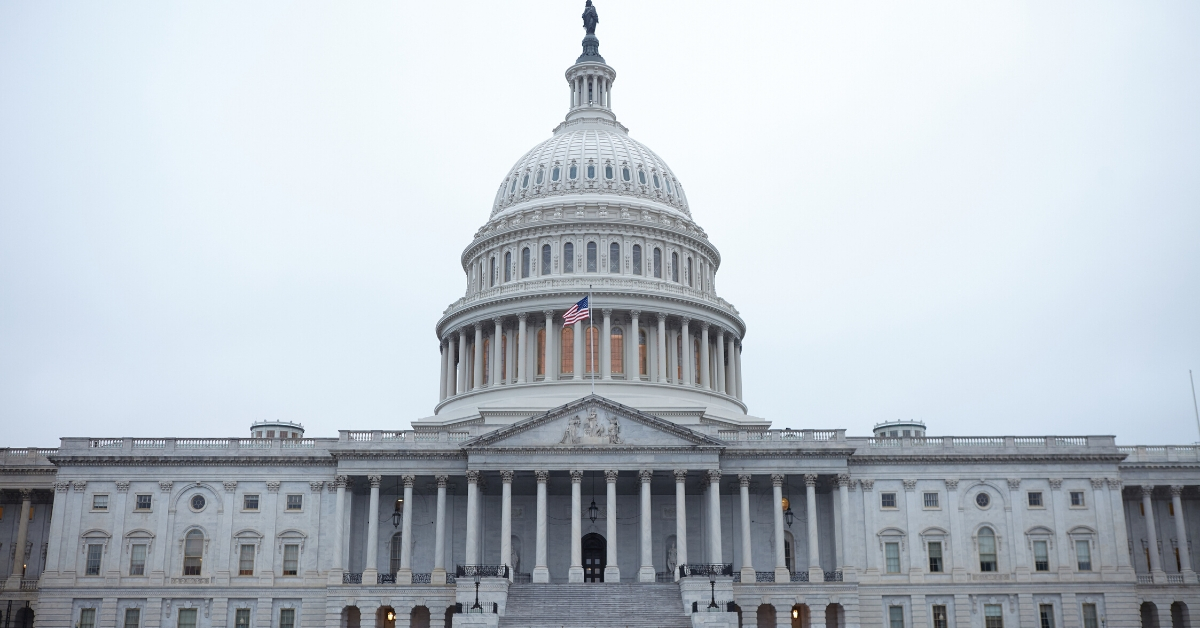
Climate-related risks to health, livelihoods, food security, water supply, human security, and economic growth are projected to increase with global warming of 1.5 degree Celsius and increase further with 2 degrees Celsius. –UN Intergovernmental Panel on Climate Change Special Report: Global Warming
…the evidence of human-caused climate change is overwhelming and continues to strengthen, that the impacts of climate change are intensifying across the country, and that climate-related threats to Americans’ physical, social, and economic well-being are rising. –National Climate Assessment
Those two quotes come from two reports released at the end of 2018, one from the United Nations and the other from US federal agencies. The first lays out the implications of a global rise in temperature and the paths to address it while the other paints a picture of the current and future impacts of climate change across the United States.
These reports echo what Columbans have observed and encountered for decades: climate change is happening and its effects are incredibly far-reaching.
The United States is the world’s largest historical emitter of greenhouse gases, the main cause of human-caused climate change. This has international implications. Columbans across the world know that climate change knows no borders. The effects often hit the most vulnerable, and the people who have contributed to it the least, the hardest.
Unfortunately, the current presdiential administration has chosen to take a backseat in both domestic and international climate action. Domestically, the administration has systematically repealed or weakened over 80 environmental safeguards including ones aimed at lowering emissions and eliminating toxic chemicals in air and water. In the first year of his term, President Trump also announced his intention to withdraw the U.S. from the Paris climate agreement.
The legislators of the current 116th Congress, however, have begun to take back the reins on climate action.
At the beginning of 2019, the conversation around climate action seemed to flip like a switch. Political discourse seemed to shift from debating the very existence of human-caused climate change to acknowledging both its existence and its negative impacts, and even debating appropriate solutions!
The release of the ‘Green New Deal’ captured the imagination of both the public and Congress. Introduced as a resolution in the House and Senate, this wide-ranging policy platform calls for a national, economy-wide 10-year mobilization to tackle climate change. While the platform does not propose specific policy solutions, it opened the door to conversations on just how deep our response to climate change needs to be.
Congressional committees have also taken up the mantle of climate action. Committees in both houses of Congress have now held dozens of hearings on the contributions to and impacts of climate change. On topics such as renewable energy opportunities, national security, international climate impacts, and energy technology, these hearings have provided a platform for scientists, frontline communities, and communities of faith to directly urge Congress to act.
The House of Representatives also established a new ‘Select Committee on the Climate Crisis’, chaired by Representative Kathy Castor (FL-14), to focus specifically on climate action. While this committee cannot consider legislation, it is an important sign of the new Congress’ commitment to placing this issue at the center of national policy-making.
In order to fully, equitably, and promptly address climate change, we need deep, cross-sector solutions. We must apply a lens of climate action to almost every area of policy-making. As Congress is starting to talk about and propose climate solutions in a more intentional way, we must make sure such solutions uphold our faith values of justice, dignity, sustainability, and stewardship.
One such proposal is the "Climate Action Now Act" (H.R. 9). H.R. 9 was passed by the House of Representatives in March of 2019. The bill would recommit the United States to the Paris Climate Agreement and require the president to submit to Congress a plan detailing how the U.S. will reach its emissions reduction targets.
As a global crisis, climate change requires a global solution. H.R. 9 would ensure the United States is actively contributing to the international community’s efforts. We have a moral responsibility to ensure vulnerable communities around the world are not subject to the worst impacts of climate change. Unfortantely, the Senate has not taken up consideration of this bill.
Another positive step forward was the introduction in November of 2019 into the House of Representatives of the "100% Clean Economy Act of 2019" (H.R. 5221).
The world’s annual carbon emissions need to drop by nearly half by 2030 and to net zero by 2050 to keep global warming at 1.5 degrees Celsius (compared to preindustrial levels). However, the 2018 UNIPCC report projects that annual global carbon emissions are on track to stay the same or increase, not decrease, by 2030. This bill provides a comprehensive plan that moves all sectors of our economy toward a clean energy economy by achieving net-zero carbon pollution by 2050.
This bill has been "referred to committee," an important step on its way to beginning considered for a vote by the entire House of Representatives.
2020 is the second and final year of the 116th Congress. As the entire world becomes more aware of the urgency of addressing climate change, the United States has a moral responsibility to take bold action towards a sustainable future. As people of faith, we have an obligation and an opportunity this year to urge our Members of Congress to take bold and decisive action for the future of life on Earth.
Copyright © 2025 Columban Center for Advocacy and Outreach, Washington, D.C.